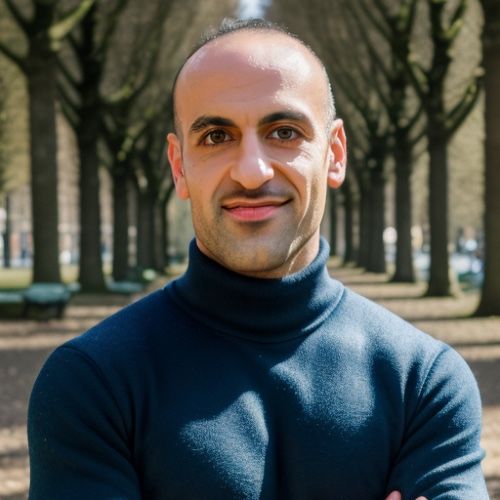Paying for Biopsychosocial Care
The system used to pay for health care today does not encourage the integration of health care and social care, nor can it adequately adapt to the trending shift toward value-based payments for care — paying for better quality and better health outcomes. New financing approaches are needed to enable the health care sector to engage in activities that strengthen social care and community resource.
This episode is also available as a blog post: https://healthcare-wiki.com/2021/07/21/paying-for-biopsychosocial-care/
Transcript
The system used to pay for health care today does not encourage the integration of health care and social care, nor can it adequately adapt to the trending shift toward value based payments for care paying for better quality and better health outcomes. New financing approaches are needed to enable the health care sector to engage in activities that strengthen social care and community resources.
MCOs are obligated to provide care management, which includes the authority for MCOs to use their Medicaid funding to identify social care needs and link people to services.
MCOs can use their Medicaid funds to pay for social care as in lieu of services or as value added services, for example to provide medically tailored meals for a home bound individual or an air conditioner for a severely asthmatic child.
Some states require MCOs to contract with existing community based organizations to provide services such as ombudsman advocacy services, nursing home eligibility assessments, and care management.



